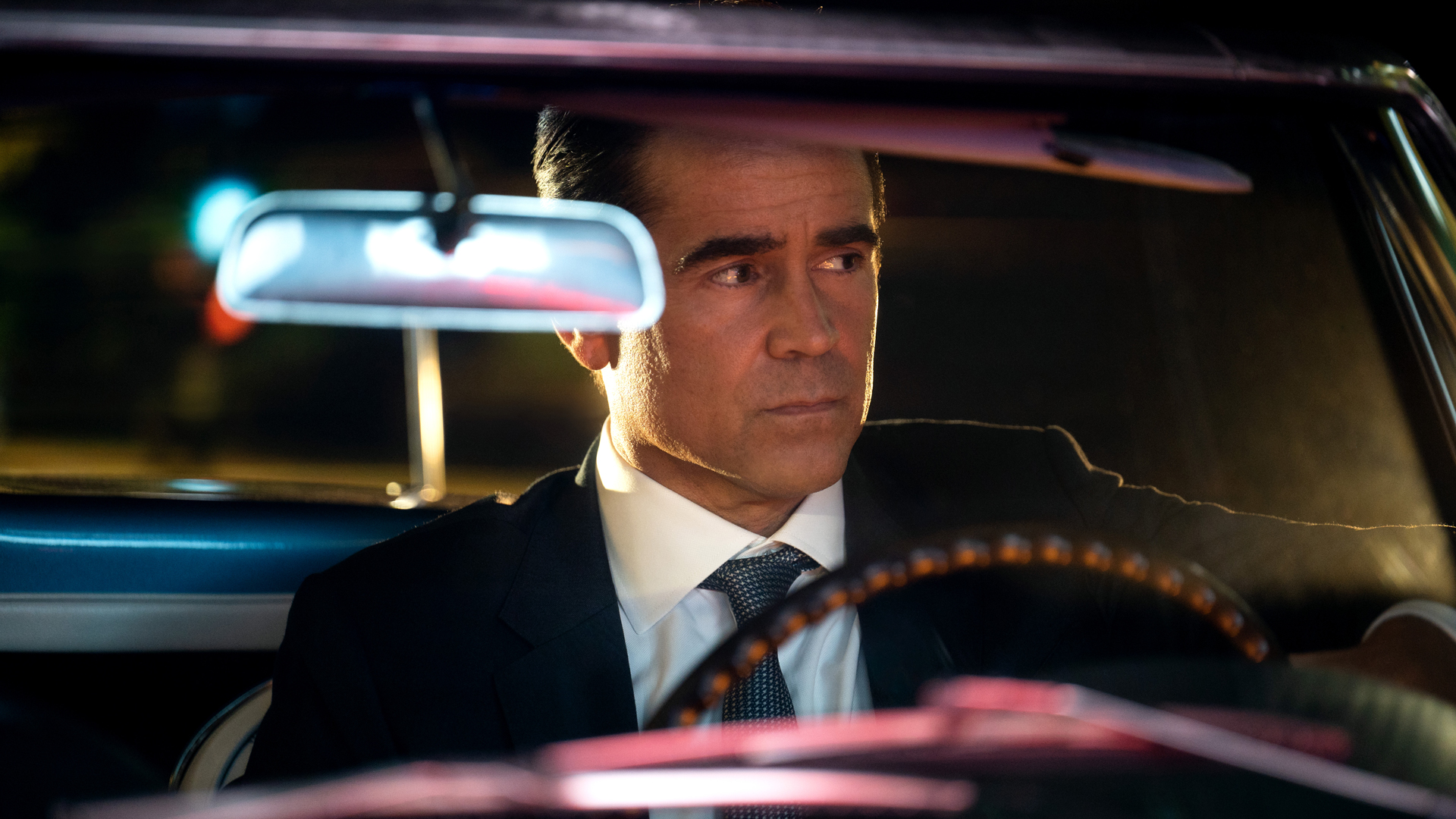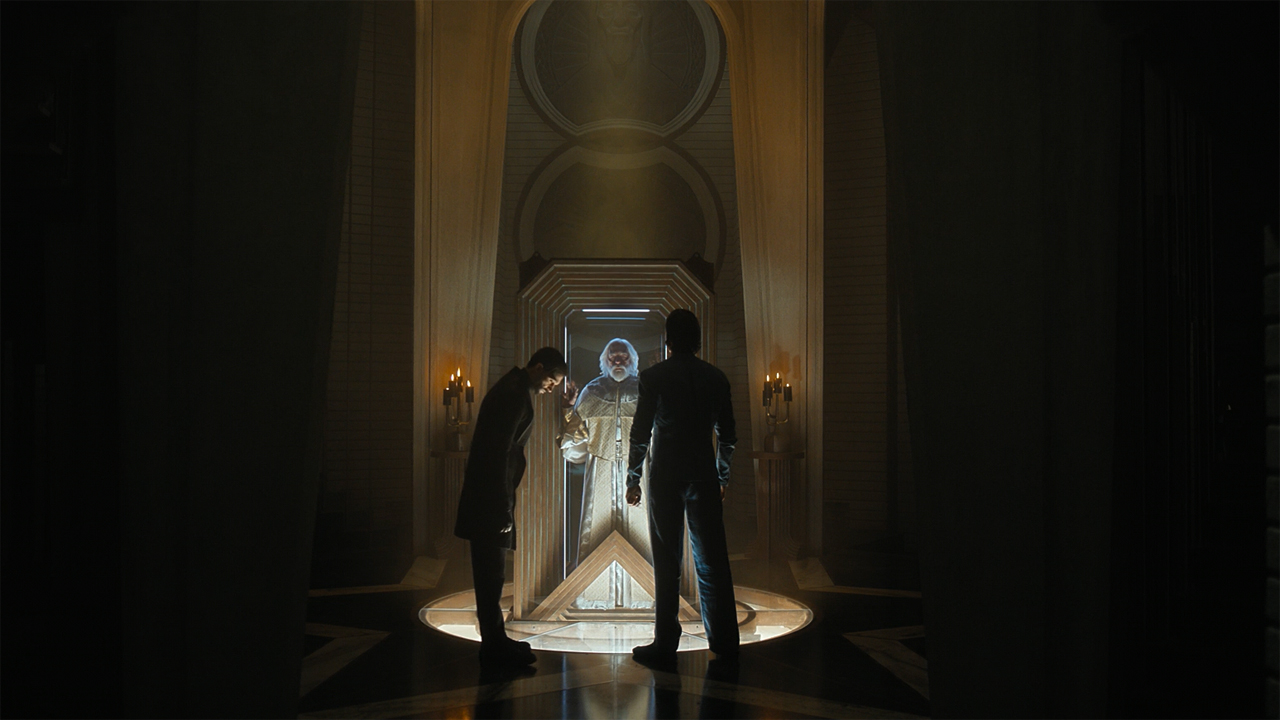Apple TV Plus has a problem: it’s spending an absolute ton of money on shows that nobody’s watching. And by “a ton of money”, I mean exactly that: a new Bloomberg report says that Apple has spent more than $20 billion to get just 0.2% of the US streaming audience.
Despite Apple’s huge spending on movies and shows, more people watch Netflix in a single day than stream Apple TV Plus in an entire month. And that’s one of the big reasons why Apple is, according to Bloomberg’s sources, preparing to a shift in strategy to make its streaming platform more sustainable – and potentially, less exciting.
To take just one example, the prestige drama Masters of the Air cost over $250 million and was the only Apple TV Plus show to feature in this year’s Nielsen rankings (the main source of US TV ratings). It nevertheless got a smaller audience than Netflix’s House of Ninjas. And Apple’s cinema adventures have performed disappointingly, too: its critically-acclaimed Martin Scorsese movie Killers of the Flower Moon reportedly earned $157 million globally but cost $200 million to make.

Apple’s disappointing viewing numbers and box office are a real shame, because for viewers like me, Apple TV Plus is the new HBO.
It’s the only streaming service I’ve never canceled or even really complained about; chances are, if I’m bending your ear about a brilliant new show, it’s an Apple TV Plus one. But you probably won’t watch it. And that means the golden age of Apple TV Plus could be coming to an end. The future of Apple TV Plus, it seems, looks a lot like Netflix.
Why Apple TV Plus was the new HBO
I think that some of the very best shows available on any streamer are Apple Originals. For me the standouts have been Severance and Slow Horses, both of which I’m currently rewatching with my equally smitten teen, as well as the delightfully silly but completely gripping For All Mankind, the claustrophobic Silo and the surprisingly affecting Shrinking. And I also loved the Colin Farrell show Sugar, although I suspect I was one of very few people watching it.
Chances are, if I’m bending your ear about a brilliant new show, it’s an Apple TV Plus one.
What all of these shows have in common is that they’re very expensive. Apple has developed a reputation for generous budgets and big spending on talent.
That’s a combination that means lots of famous faces: Cate Blanchett in Disclaimer, Meryl Street in Extrapolations, Tom Hanks in Greyhound, Elizabeth Moss in Shining Girls, Nicole Kidman in Roar, Harrison Ford in Shrinking, Jennifer Aniston and Reese Witherspoon in The Morning Show, Jake Gyllenhaal in Presumed Innocent… you get the idea.

Apple has developed a reputation as the streamer with deep pockets, a place where creatives can make their dream projects with their dream casts. Which would be great if they were also bringing in dream viewing numbers. But they’re not.
As I’ve been finding again and again, when I tell people about a new Apple TV Plus show, they haven’t heard of it and they haven’t considered subscribing to Apple TV Plus anyway. And if I’m being totally honest, some of the shows I’ve mentioned in the paragraph above… I hadn’t heard of some of them either. I can’t help thinking if Apple had spent a bit less on talent and a bit more on marketing, more people would be watching its shows.
Shows not being hits isn’t just an Apple TV Plus problem, of course. Netflix churns out tons of stuff every day that will pass most of us by. But – and no disrespect to Netflix here – a lot of that stuff is cheaply made or cheaply bought. And currently Apple TV Plus doesn’t really do cheap: according to the Financial Times, each episode of Apple’s The Morning Show costs more to make than the action-packed final episodes of Game of Thrones.
What’s the plan for Apple TV Plus now?
According to Bloomberg’s reports, Apple is now doing two things: it’s considering licensing more movies from Hollywood to expand its catalog, and it’s being much more careful about what it’s green-lighting and how much it’s spending on them.
I can’t help thinking if Apple had spent a bit less on talent and a bit more on marketing, more people would be watching its shows.
Bloomberg’s analysis shows that Apple is canceling shows more quickly than before: in 2019 the average number of seasons per show was 3.67 but now it’s down to 2.0, and the percent of shows going to a third season has dropped from 100% in 2019 to just 22% today. That means Apple is operating much more like Netflix when it comes to green-lighting or choosing not to make successive seasons.

Even prestigious shows are feeling the pinch. Foundation has already been delayed to keep it within budget and Apple has reportedly pressured the producers to keep costs down; and future seasons of Severance are apparently far from certain because Apple wants guarantees about how much it’ll cost.
Apple is hardly short of cash, but it still has to answer to investors; spending so much money for so little return isn’t sustainable even when you have Apple’s deep pockets.
So it’s probably inevitable that Apple TV Plus is going to become more like Netflix and its rivals – even if that does mean sacrificing show quality for viewer quantity. We’ve seen signs of that already with the streamer adding classic movies and licensing titles from the major studios.
It’ll still make great shows, but maybe not so many. I should probably stop holding my breath for a second season of Sugar.

